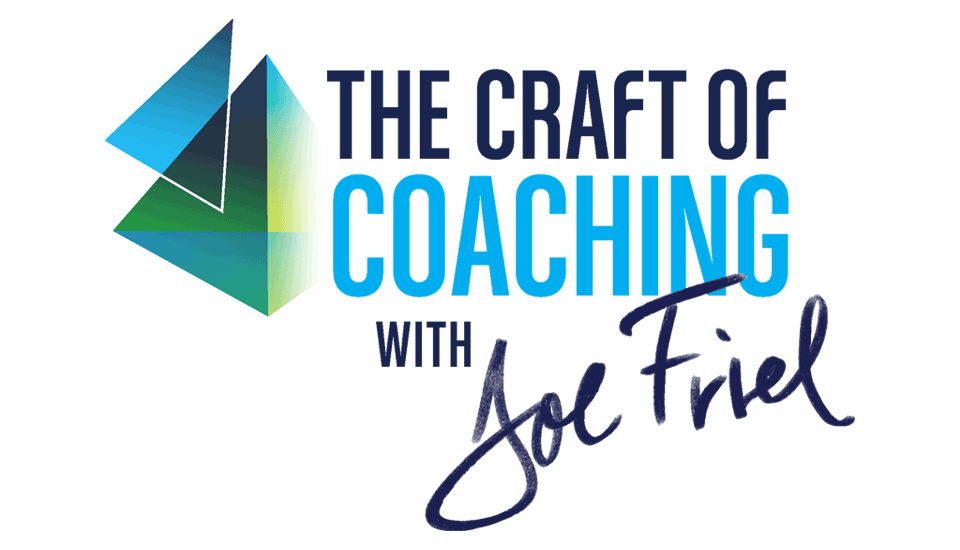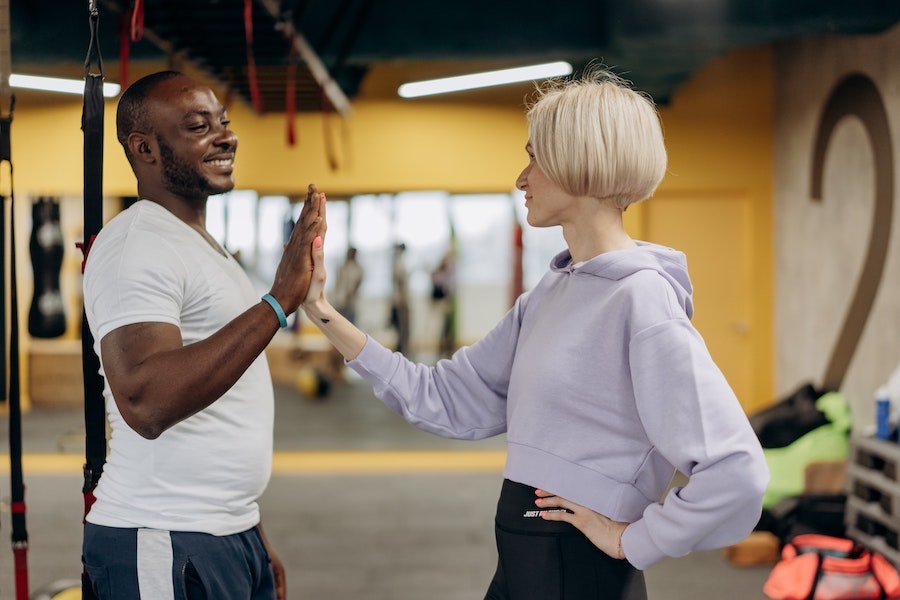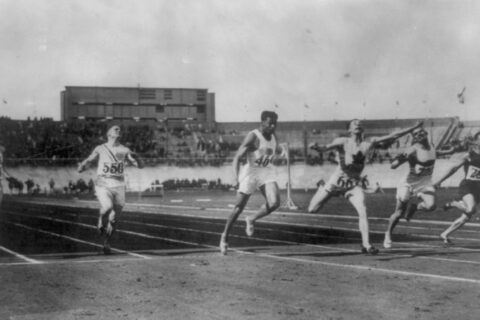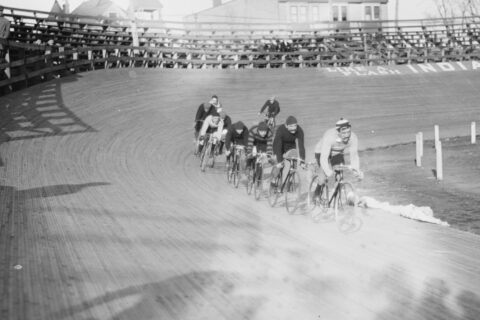A healthy coach-athlete relationship is a unique bond that is built on mutual commitment to a goal, and trust, which builds over time. Within this bond both the coach and the athlete need to manage their respective responsibilities to produce a strong team atmosphere and a successful season. These responsibilities include, but are not necessarily limited to, duties related to the business of coaching, the health and safety of the athlete, sport-related ethics, athlete performance, and mutual rapport. There are undoubtedly relationships that don’t follow this list exactly, but use it as an opportunity to take inventory of how you are investing your time and energy.
Coach responsibilities
Maintain best practices in your coaching business
- Screen and select compatible clients and refer others to appropriate coaches.
- Operate your coaching company in a customer-centric, business-like manner.
- Invoice the client in a timely manner and have a follow-up method in place for missed or late payments.
Advocate for the athlete’s health and safety
- Advise the athlete upfront on health, safety, and lifestyle matters and explain the details and reasons for each.
- Make your athlete’s health and safety your highest priority and be attentive to it throughout the season.
- Prior to the event, ensure that the athlete’s equipment is safe and appropriate.
- Be aware of the athlete’s training environment, including surface conditions, terrain, and weather (heat, cold, wind), and adjust training appropriately.
- Before increasing the athlete’s training load, ensure that they are ready, both physically and mentally.
- Emphasize the importance of long-term, consistent training over a search for shortcuts to enhanced performance (e.g., pills, injections, risky equipment, excessively high training intensities, volume, or load).
Commit to maintaining ethics
- Inform the athlete of the inherent risks of the sport and closely monitor their progression.
- Advise the athlete of possible courses of action when injury or sickness occurs.
- Do not discuss with any third parties the client’s personal matters or your relationship with your client without the client’s approval.
Manage the athlete’s performance
- Stay current on the physiology, methodology, psychology, and nutrition of training and racing, involving experts when warranted.
- Ask probing questions to ensure that you fully understand the athlete’s physical and mental readiness to participate in the sport.
- Ensure that the athlete’s goal is specific, measurable, achievable, relevant, and timely.
- Identify and closely monitor the athlete’s strengths, weaknesses, and limiters.
- Propose a strategic vision to achieve the athlete’s goal, discuss and refine it with the athlete, and make adjustments as needed throughout the season.
- Provide or offer advice on the athlete’s training environment in the interest of promoting goal attainment and physical and emotional safety.
- Assess and teach the athlete the individualized skills, tactics, and techniques necessary to achieve the goal.
- Design daily workouts, recovery periods, race tapers, and other training and lifestyle details that foster goal achievement.
- Determine the objectives necessary to achieve the goal(s) and consistently measure progress toward them.
- Analyze training and racing data and share insights with the athlete in a timely manner.
- Ensure that the athlete understands the rules, regulations, venues, and common practices of the event for which they are training.
Build rapport with the athlete
- Consistently be in contact with the athlete within the guidelines of your coach-athlete agreement.
- Commit to listening to the athlete and learning what is most effective for them.
- Establish a positive working relationship with the athlete and their supporters.
- Serve as a role model for the athlete— positive, enthusiastic, supportive, and trustworthy.
- Provide professional guidance when the athlete needs assistance in sport or related areas, but know where to draw the line.
- Ensure that the athlete understands the purpose of each workout.
- Speak about the athlete’s competitors in a positive manner; never talk of them derisively.
- Keep your promises to the athlete.
RELATED: Establishing a Positive Coach-Athlete Relationship
Athlete responsibilities
- Respect the coaching contract.
- Choose a compatible coach and the appropriate level of service.
- Make payments to the coach in a timely manner.
Prioritize health and safety
- Train in a safe and effective manner with a focus on performance improvement.
- Avoid risky training venues, overly aggressive training partners, and unsafe conditions.
- Monitor indicators of your health and report concerning or unhealthy conditions to the coach.
- Be attentive to training health markers such as sleep, diet, body weight, motivation, fatigue, mood, stress, and other indicators of overreaching or overtraining. Report negative variants to the coach.
Commit to the pursuit of performance
- Set a performance goal that is specific, measurable, achievable, relevant, and timely.
- Maintain and update training and racing equipment as needed.
- Ask “why” when the purpose of a workout, training plan, or race plan is unclear.
- Follow the agreed-upon workout, training plan, and race plan to the best of your ability without risking or compromising health or safety.
- Align your lifestyle and daily habits with the demands of training including, but not limited to, sleep, diet, timeliness of workouts, health, safety, and discipline.
Build rapport with the coach
- Ask about and strive to understand the coach’s training philosophy.
- Keep your promises to the coach.
- Be a role model for other athletes by being a good sport, responsible, and humble.
- Celebrate successes and discuss setbacks with the coach.
Shared responsibilities
- Ensure the safety of workouts, training venues, conditions, and equipment. Mutually agree to last-minute changes when appropriate.
Ethics of sport
- Never accept or tolerate the use of banned performance-enhancing drugs or prohibited equipment.
- Always be aware of and observe the rules of the sport.
- Never denigrate a competitor, official, or fan, but treat them with respect.
Performance plan
- Collaborate with your coach to develop the training and race plan and agree to their use or suggest modifications.
Coach-athlete relationship
- Quickly respond to emails, telephone calls, and text messages.
- Maintain a professional working relationship.
- Treat each other with respect with regard to time, personal interests, family matters, and private areas of concern.
- End the season by expressing your gratitude, regardless of the results.





